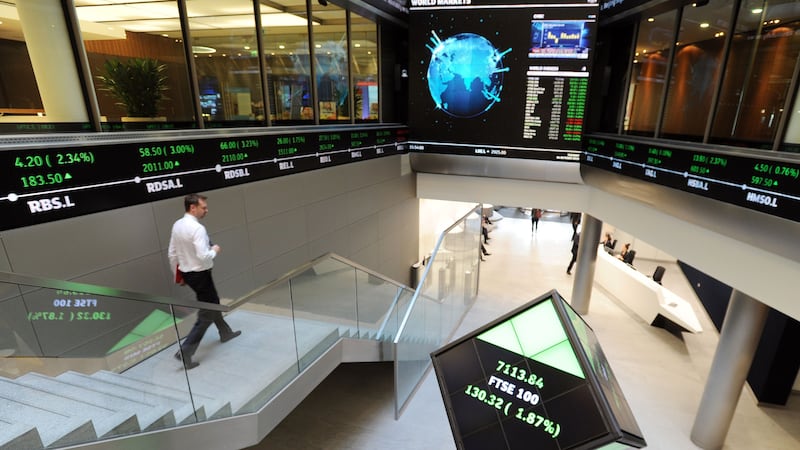LAST week the Bank of England Governor Mark Carney said that England’s progress through the World Cup was an “unadulterated absolute good” for the UK economy.
Previous to that, Deputy Governor Andy Haldane gave two reasons why he thought the economy might be doing better than expected, making a rise in interest rates more likely - the summer sunshine and England’s World Cup achievements.
So what might be the economic impact if Gareth Southgate's men win the semi-final against Croatia (England represents about 86 per cent of UK gross value added, so is the main influence on the size and growth of the overall economy)?
Some retail activity and consumption may be lost (more likely postponed) as a result of people spectating rather than shopping, though consumption of other items - notably food and drink - may rise.
This World Cup has already led to a large increase in spending on betting. One forecast has been that UK online betting will increase from £1 billion in 2014 to £2.5 billion this time.
It remains to be seen how the gains from such increased gambling will be distributed between the punters and bookies ('problem' or addictive gambling in general remains a huge challenge for UK public policy).
One very interesting economic theory is about how English progress in the World Cup could even lead to increased investment (and hence drive future growth).
The 1930s economist John Maynard Keynes argued a lot of investment was determined by emotions and gut instincts - confidence about the future. The suggestion might be that footballing victories could fuel “animal spirits” in England and increase a hitherto very low UK investment rate.
Maybe, though it's pretty clear UK industrial investment has been relatively low for a very long time and there must be a range of factors which explain this.
Another area of economic speculation would be how performance of the national team might impact on productivity. In the short run the effect could even be negative - too much distraction from work. But there is also the long-term possibility that in the warm glow of any further World Cup wins work effort and productivity rise.
So, there is an optimistic scenario whereby a mood of greater English self-confidence helps to boost the economy and perhaps even gives an increasingly embattled Prime Minister Theresa May some more room to negotiate a better Brexit deal from the hitherto immoveable object of the European Commission.
But history suggests grounds to be cautious. The last time England reached the semi-finals was 1990, and in that year the economy grew by only 0.7 per cent. England may have beaten Germany in 1966, but that did not stop German economic productivity subsequently surpassing UK levels.
In 1966 the UK economy grew by 1.9 per cent. Admittedly that may look good by the standards of what might be achieved this year but it was a fairly low growth rate compared to most of the 1950s and 1960s.
And a year after the 1966 World Cup victory came one of the major economic reversals of the post-war period as sterling underwent a major devaluation.
:: Dr Esmond Birnie (esmond.birnie@ulster.ac.uk) is senior economist at the Ulster University's Economic Policy Centre








